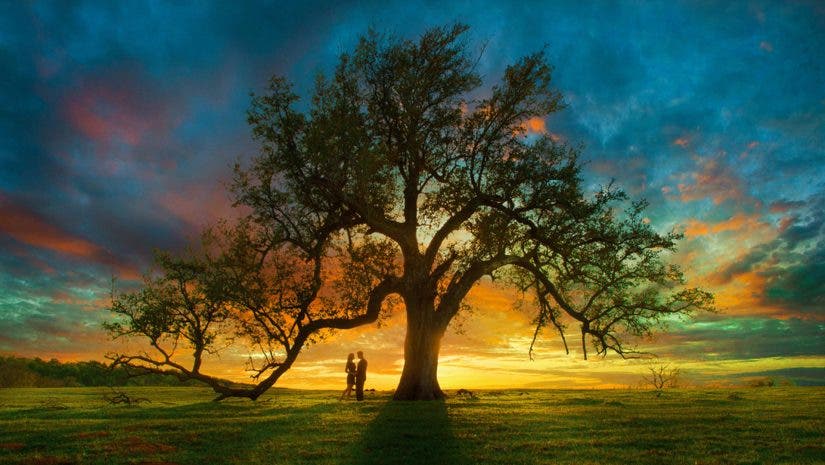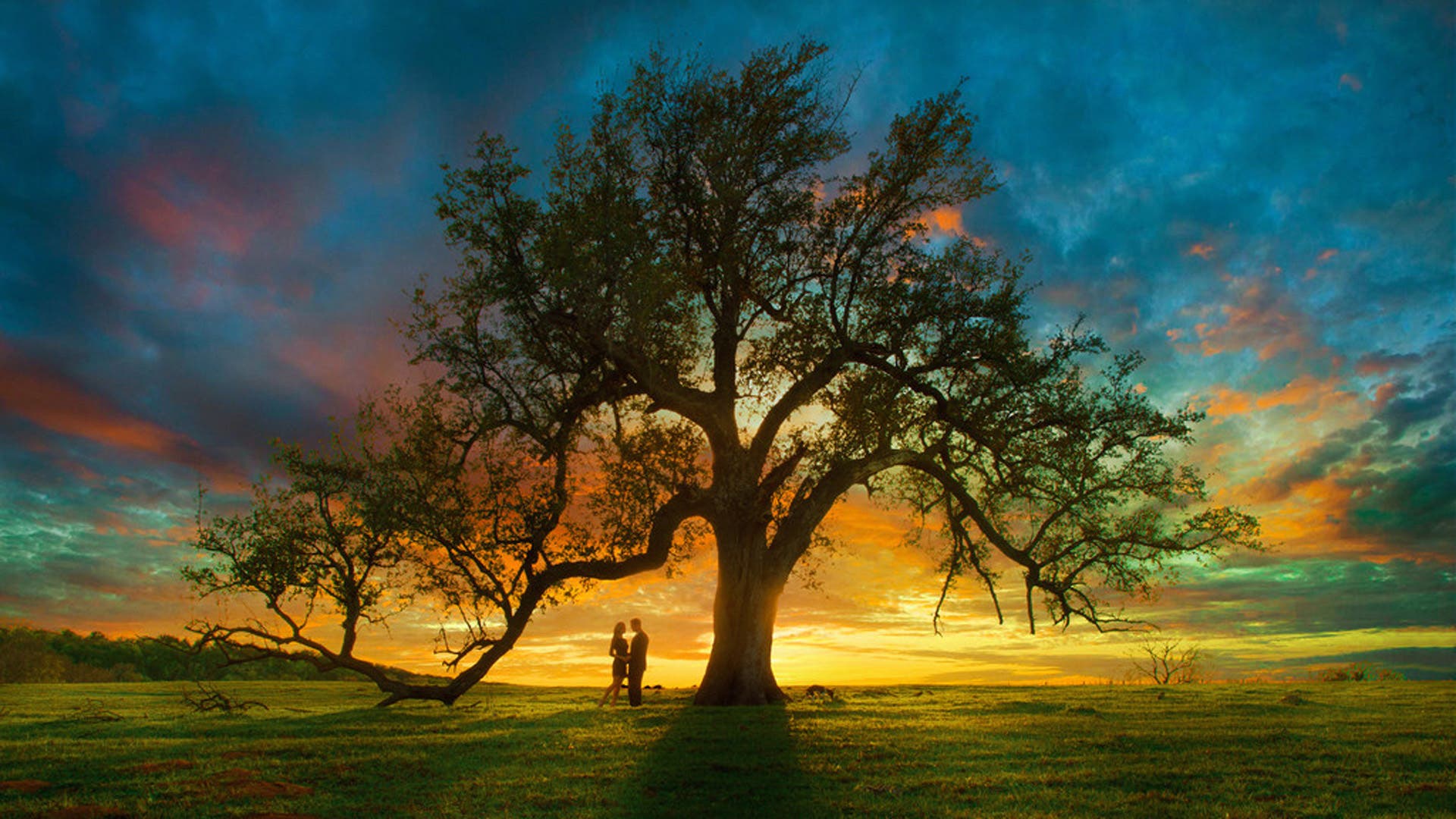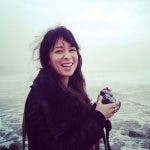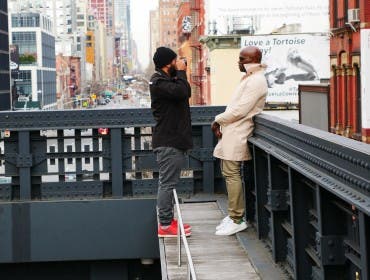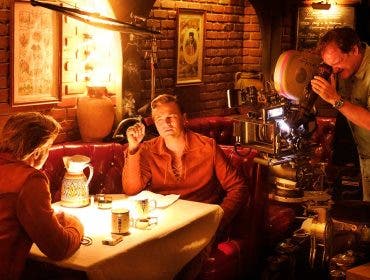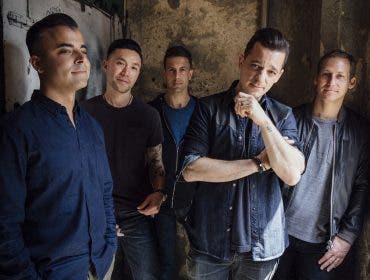Meet Luke and David Edmonson, nationally recognized and award-winning photographers who happen to also be a father and son duo. Photography seems to run in their genes, as the Edmonsons come from a multigenerational lineage of photographers. We recently sat down with Luke and David, where we had a chance to learn a lot of inspiring details about their work. View the interview on Tamara Lackey’s reDefine show here.
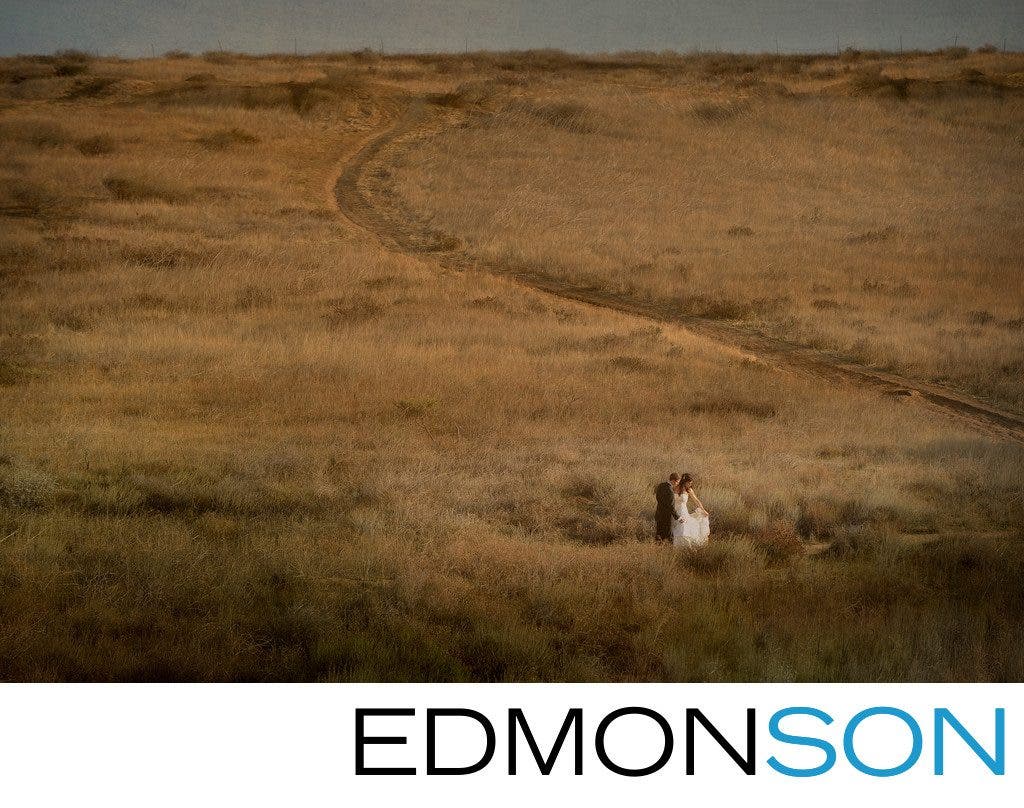
David’s father got his first camera in the early 1940s when he was around 14. During WWII he was called into the military as a photographer, and was stationed in Hawaii during the attack at Pearl Harbor. It was around this time that he had fallen in love with a young woman in Dallas. It was a long distance romance, so he used his photography to woo her. David says, “He actually made 16mm, 8mm, movies…and sent her pictures. And if she sent him a little picture of herself, he would superimpose himself in it as though he was dreaming about her.” Surprisingly, the young woman’s brother (Luke’s great uncle, was also a wartime photographer around the same time.)
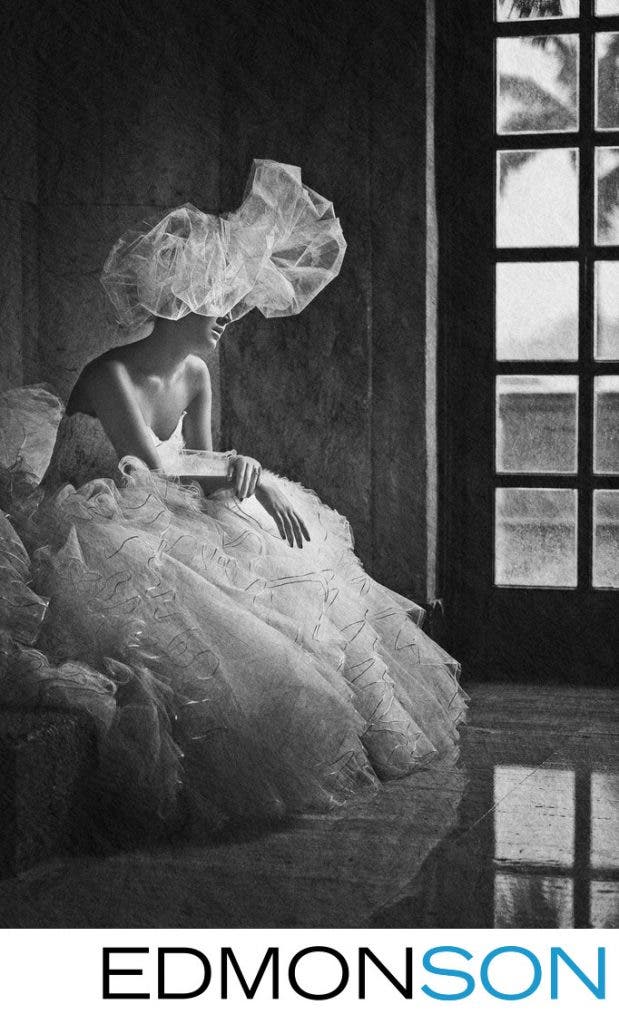
Thanks to their long history with photography, Luke and David had a lot of wisdom to share with other photographers:
- Photography is a choice. Despite his father’s passion for photography, David says he wasn’t always so sure he wanted to be a photographer. He explains, “I was too immature to realize the impact of their photography at the time. I started out wanting to be an illustrator. In college my professor said, ‘Why don’t you take one photography class just so you can shoot reference art?’ Of course, on the first day of class, I was hooked.”
- Ultimately follow your heart. David’s son, Luke, also took some convincing. Photography was “what our family did, and it was a chore.” He had decided to go pre-med, but as he says, “it wasn’t really my heart.” He ended up getting a degree in film. “Now I can say that I’m absolutely happy to not only work with my father, but work for my father.”
- If you want to make money, shoot weddings. David had been well established in commercial photography, but when Luke decided he wanted to partner with his father, he and Luke started shooting weddings. David explains, “I didn’t know how much money you could make doing a wedding.” Since joining forces they’ve become well known for shooting weddings around the world, especially Indian and South Asian weddings. But they have also become nationally recognized for creative portraits.
- Photography is for rebels. David says his son Luke has always been a rebel, and Luke explains why photography was the perfect outlet for him: “Photography gives you permission to go places you have no business to be, and do things you couldn’t do otherwise.”
- Have a purpose before an execution plan. Luke explains: “The distinction of what we do is that we know why we are doing it before we start, and that leads us to the how and the what. We have a purpose already in place, so the actual execution of it becomes secondary, which is a challenge for most people to figure out in terms of creativity.”
- Light every scene before anyone arrives on set. David says he often plans lighting and scenes during restless nights when he can’t sleep. He draws sketches and uses mannequins as stand in before his subjects arrive, and it’s not unusual to find him shopping for props on Ebay at three in the morning.
- If you really want to grow in photography, study the master painters. Known for their beautiful portraits inspired by master painters, David and Luke say that they are inspired by how these early painters used light in their paintings with such technical expertise.
- A photographer is a visual problem solver. Luke enjoys the process of deconstructing a scene and says that he loves to find the “why” of every light placement and prop on a set.
- The photography is secondary; the people are what’s most important. Luke explains that for him, the camera is only a mechanism, it’s the relationships that he makes and expresses in his photographs that is most important.
- Find your voice. David says that photography gives him a voice, explaining that it is essential for everyone to find a way to express theirs, even if you are still in the process of “constructing, repairing or fine-tuning your voice.”
Watch the interview here.
